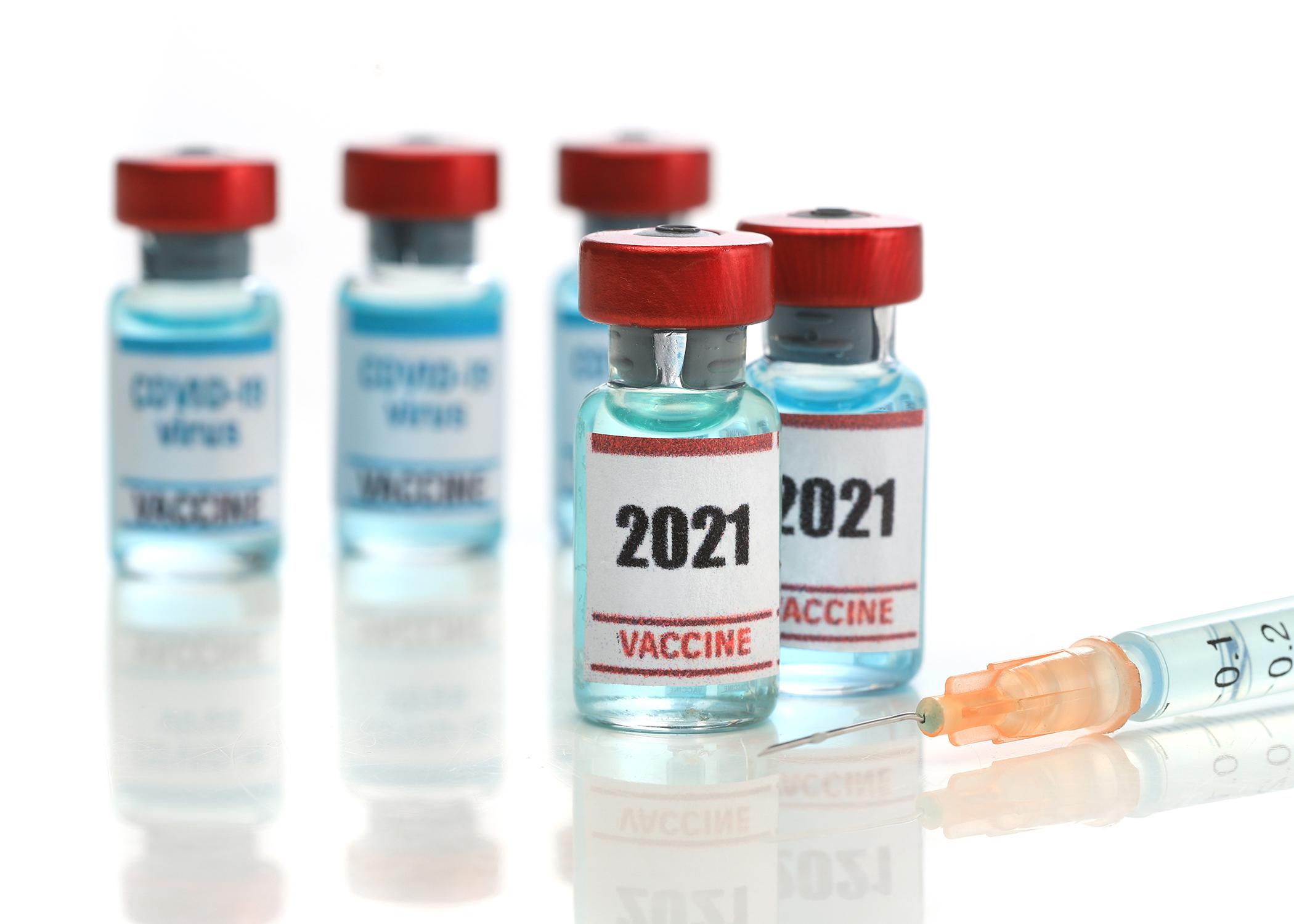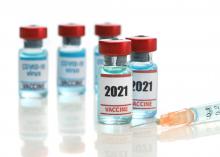Information Possibly Outdated
The information presented on this page was originally released on August 9, 2021. It may not be outdated, but please search our site for more current information. If you plan to quote or reference this information in a publication, please check with the Extension specialist or author before proceeding.
Getting vaccinated prevents more COVID-19 mutations
STARKVILLE, Miss. -- With the Delta variant of COVID-19 spreading three times as easily as previous strains in Mississippi and unvaccinated patients comprising most of the state’s cases, receiving the vaccine is now more critical than ever to slow the spread.
State health leaders are strongly encouraging Mississippians still grappling with vaccine hesitancy to consult governmental sources when seeking out data to inform their decisions. As of Aug. 5, 39% of Mississippians had received one dose of a COVID-19 vaccine, while only a third were fully vaccinated.
Mississippi State University Extension health specialist David Buys said most of those who have tested positive despite being vaccinated have either been asymptomatic or exhibited less severe symptoms than unvaccinated patients.
“Of people in hospitals with COVID-19, 89% are unvaccinated,” he said. “We’re seeing that folks hesitant to get the vaccine who talk with a physician, family member or friend are able to resolve their concerns and get the vaccine.
“People are observing that friends and family members have gotten the vaccine are not having any strange reactions or threat to their health,” Buys said. “More people are gaining confidence in the vaccine’s safety and seeing the odds of suffering side effects from COVID are far greater than that of the shot.”
Delta is now the predominant variant, making up 83% of recent U.S. cases, according to the Centers for Disease Control.
“The original strain is no longer detected among variants circulating throughout the country,” Buys said. “The more people we have vaccinated, the less spread we have, and the less opportunity there is for mutation and variants like Delta.”
One primary concern for parents as they have sent their children back to school has been protecting those who are under 12 and not yet eligible for a vaccine.
“Fully vaccinated parents have already made the best step initially by getting the shot themselves because that reduces the risk of their kids getting it from them and spreading it to others,” said Dr. Katrina Poe, staff physician at the Longest Student Health Center at MSU. “The main thing that we can do directly for children who are between 2 and 12 and can’t be vaccinated is making sure they wear a mask in public spaces, especially indoors.
“One of the main ways parents can encourage their kids to be more diligent about wearing the mask is to lead by example and do it themselves, even if they’re vaccinated,” Poe said.
MSU is partnering with Delta Health Alliance to encourage Mississippians to get a COVID-19 vaccination. Funding from the Delta Health Alliance Mississippi RIVER Project is helping MSU’s vaccine adoption efforts both on campus and via MSU Extension. Mississippi RIVER is an acronym that stands for Recognizing Important Vaccine and Education Resources.
Learn more about the Delta Health Alliance Mississippi RIVER Project at https://www.getyourshotms.org/.
Find more Extension information related to the coronavirus and the vaccine at http://msuext.ms/covid.






